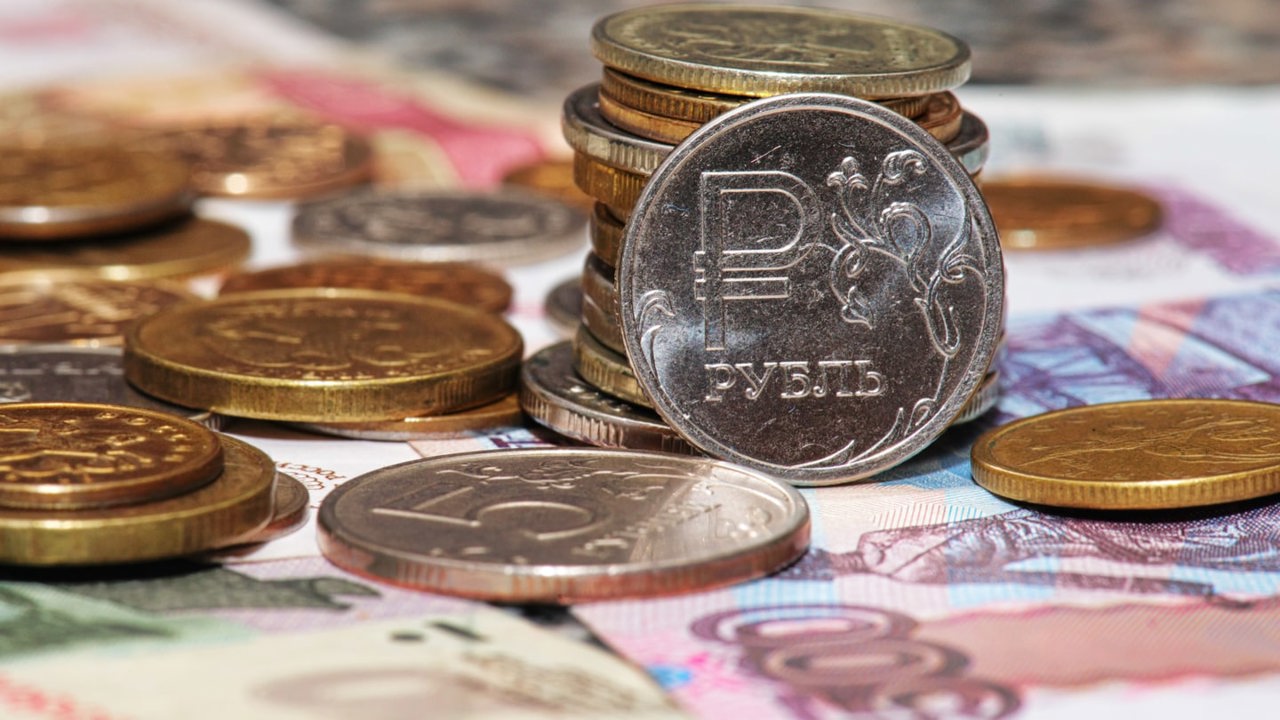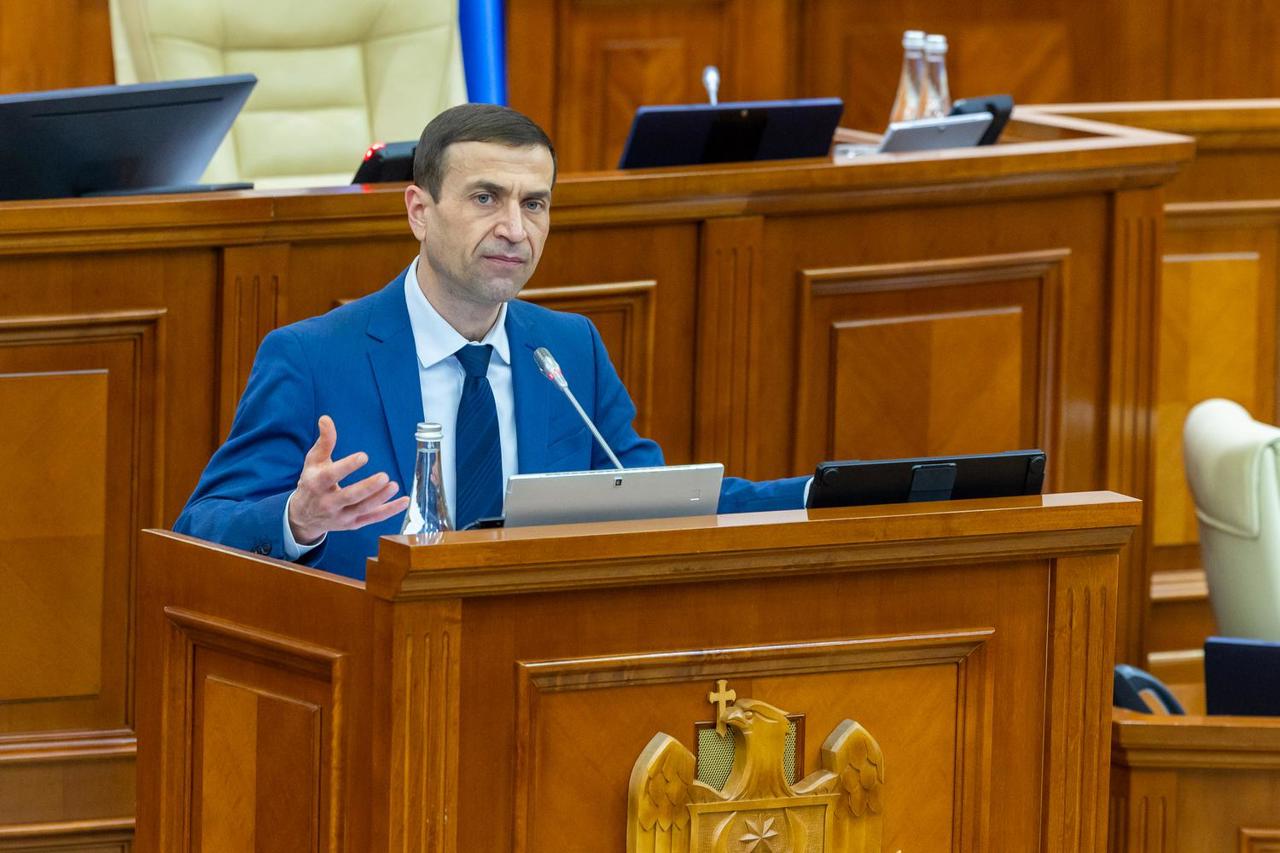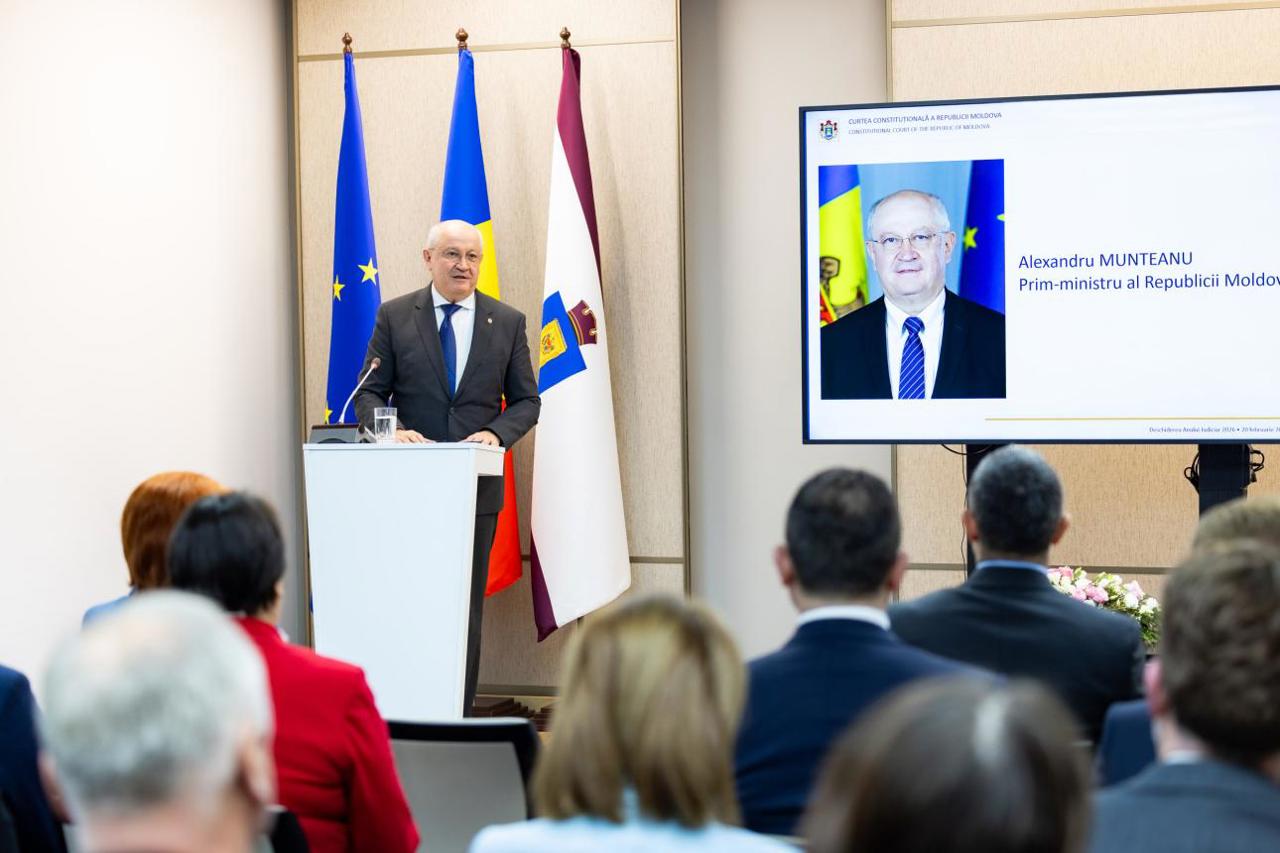Russian ruble plummets to record levels amid rising budget spending and currency deficit
The Russian ruble plummeted on Friday to record lows reaching levels seen last spring. It comes amid rising budget spending and a currency deficit that stands at around $28 billion. During Friday's trading on the Moscow Stock Exchange, a dollar was selling for more than 96 rubles, and a euro - for more than 106 rubles. This fall of the Russian currency is caused by several factors, economic analysts say.

The fall of the Russian ruble, according to economic analysts, is attributed to the Moscow Finance Ministry's decision to buy foreign currency on the domestic market. The institution announced the move, which takes effect from 7 August. A historic decision for Russia that economic analysts say is putting pressure on the exchange rate of the national currency.
Another factor would also be the increase in Russian budget spending by 20 percent, which according to Reuters, in the first 6 months of the year alone exceeded spending in the same period of 2022 by 2.44 trillion rubles.
At the same time Russia is also doubling its military spending this year to more than $100 billion, which represents a third of all government spending, Yet according to a confidential document analysed by Reuters, in the first half of the year alone spending totalled 12 percent more on defence than planned for 2023, as the costs of the war in Ukraine mount and put increasing pressure on Russian finances.
In fact, Russia's doubling of defence spending this year was estimated by Reuters after a review of the situation showed that in the first six months of this year alone, Moscow spent more than 600 billion rubles more on defence than the original forecast of around 5 trillion rubles - equivalent to $54 billion.
Another factor noted by experts is that as of July 31, foreign currency revenues from Russian exports under intergovernmental agreements can be credited without sale to accounts, including those in foreign banks. And this causes oilmen to be in no hurry to exchange dollars into rubles, so this additionally hits the Russian currency.
The currency deficit has also arisen, among other things, because of the deterioration in the trade balance, despite the rise in oil prices, and Russia is having difficulties with oil sales. According to Bloomberg, at the end of July, average four-week deliveries fell to their lowest level since January. Russian oil has become less attractive to many countries after exceeding the $60 per barrel price ceiling set by G7 countries in the context of Russia's war in Ukraine.
Since January, the dollar on the Moscow Stock Exchange has risen by more than 23 rubles to around 96 rubles earlier this month, while the euro has risen to 106 rubles from around 29.





